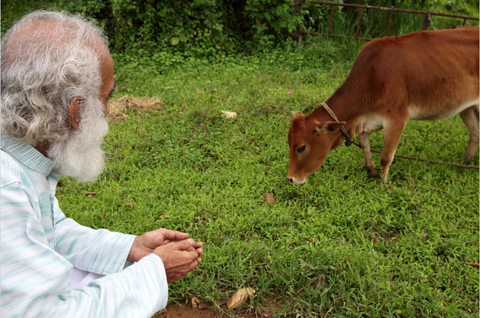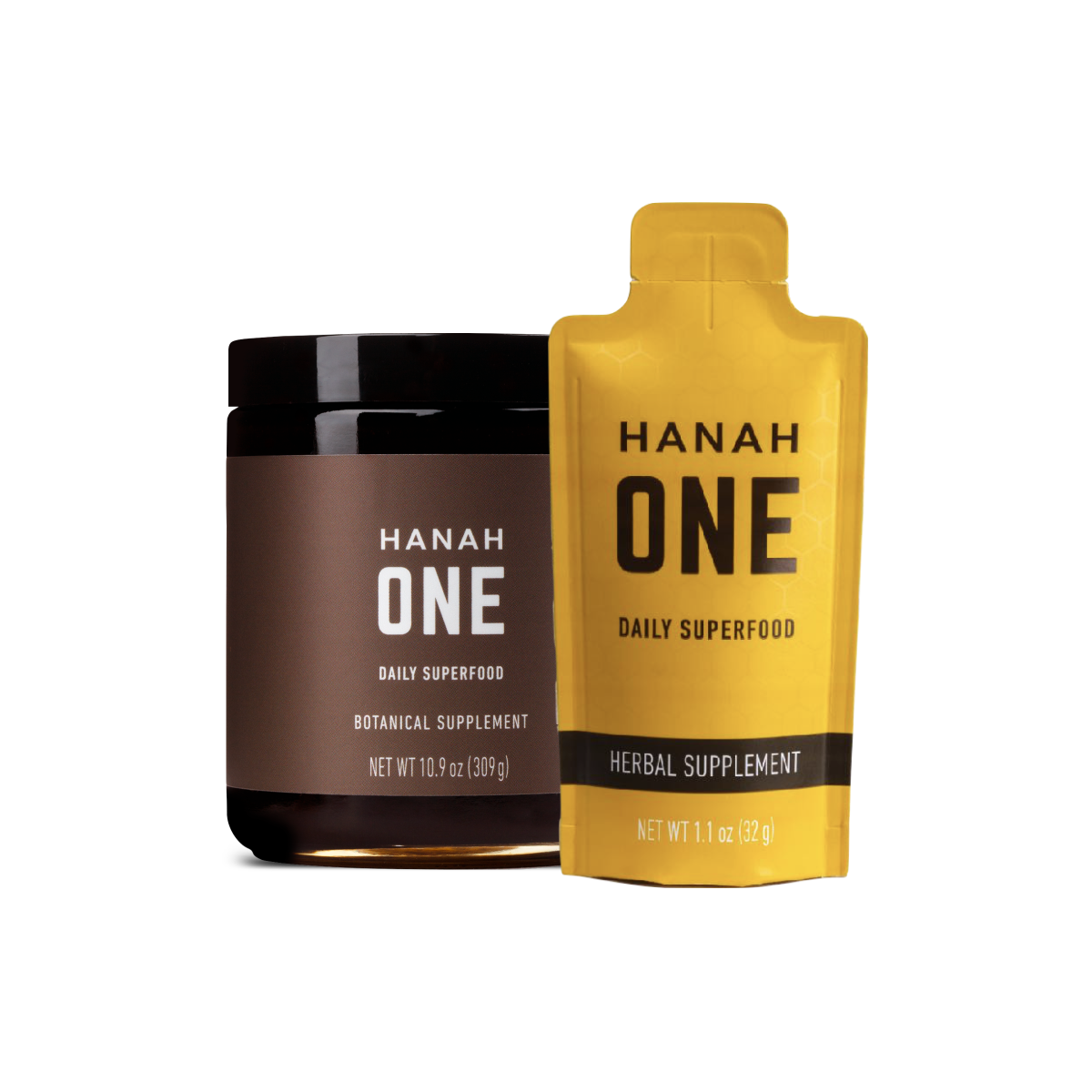HANAH in India: ancient traditions and modern jobs

We believe that HANAH ONE benefits everyone associated with it – from those of us who use it to improve our health to the Indians involved in harvesting ingredients & producing the product. Dr. V.A. Venugopal is the Ayurvedic doctor who helped us formulate HANAH ONE and continues to work in India on sourcing ingredients and production. We caught up with him recently to discuss how the production of HANAH ONE affects the communities in which we are working.
Here’s his take:
HANAH ONE is a rasayana preparation from traditional Ayurvedic textbooks. It is the only supplement recommended by Ayurveda that can be taken by all ages in all seasons for preventive health care. The 21st century world needs more preventive health care, rather than treatments. HANAH ONE brings several benefits – even in small doses – as a dietary supplement. It is simply a combination of natural herbs and food products using Ayurvedic philosophy and principles. Ultimately, people understand the goodness of Ayurveda when they start using HANAH ONE.
HANAH ONE also brings benefits to the people and communities involved in its product, and this happens in several ways. The herbs in HANAH ONE come from the wild. The herb collectors in the villages are mostly women, thus HANAH ONE is providing steady employment for these women. Other ingredients, like Ayurvedic ghee, sesame oil and sugar cane, are sourced from villages.
Second, HANAH ONE is manufactured using Ayurvedic cooking procedures, so it uses traditional vessels, which are again made in villages, promoting the local communities. Since the process itself is more natural, much of the work is done by hand. The production of HANAH ONE brings good paying work to rural areas, which particularly benefits women, and also helps preserve and develop natural sources.
The making of HANAH ONE also creates avenues in tribal and rural communities for new employment. For example, when we had to procure larger amounts of natural honey, we approached a few of the tribal societies and informed them of the requirements. This allowed us to source the natural honey from the deep forests, and the resulting increase in demand brought the tribal societies work and revenue.

Dr. Venugopal with HANAH's Vechur cow, Narayani. Photo: Zuzanna Zweibel, Shakti Trails
We have also started procuring Ayurvedic ghee from individual cow owners who were living below the poverty line. With the production of HANAH ONE, they have been able to get micro-financing, which has enabled them to purchase more cows, so they get additional revenue while improving the quality of their lives. In addition to this benefit, they are using cow dung as natural manure for agricultural purposes and the cow’s urine (Gaumudr) is used for medicinal purposes. Both of those bring in additional money.
On many levels, HANAH ONE and its production helps preserve and build communities, provide employment and promote traditional principles of Ayurveda.
Written by Meghna Agarwal with Dr. V.A. Venugopal
Interested in trying HANAH ONE?








Leave a comment
This site is protected by hCaptcha and the hCaptcha Privacy Policy and Terms of Service apply.